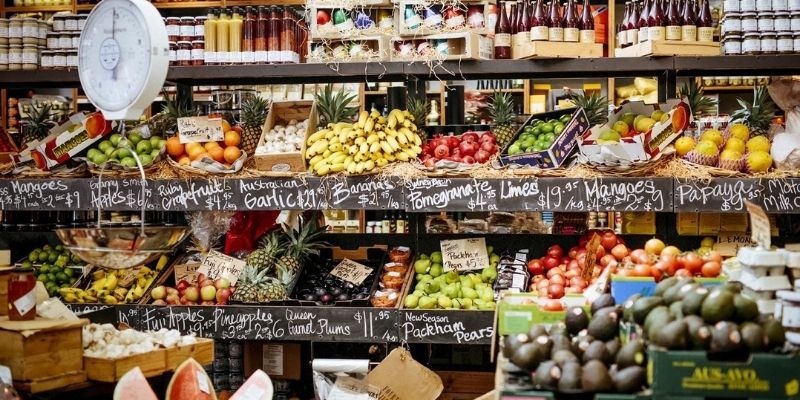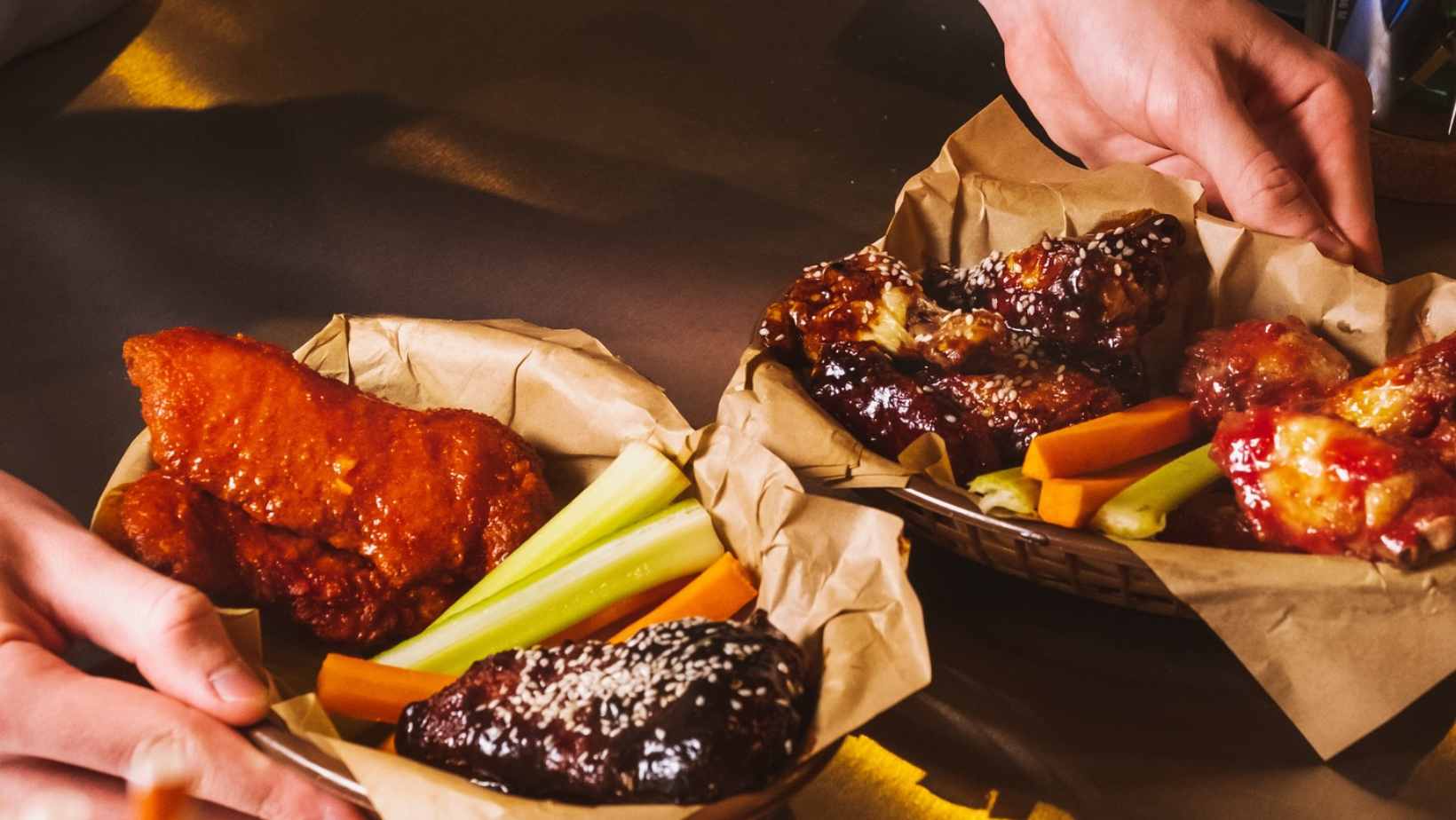MEPs have approved mandatory quotas for Czech food in shops. From 2022, more than 50 percent of Czech products should be sold in stores. Some EU countries warn Czechia against quotas that the adoption of the law is very likely to make food more expensive.
It was drafted by the opposition populist Freedom and Direct Democracy party that pushed it through the house with the help from the ruling coalition of Prime Minister Andrej Babis.
The controversial move still needs to be approved by the upper house, the Senate, which is controlled by the opposition, and then by the president. The lower house can override a possible Senate or presidential veto by a simple majority.
Those who voted in favor of the bill argued that the coronavirus pandemic showed that it is important for the country to be self-sufficient in food production.
They said the move will also boost local agriculture. It applies to about 120 food products such as pork, beef, milk, honey, and various vegetables already produced in the Czech Republic.
“Let’s be nationalists for a bit when it comes to food, Czech agriculture, and our country,” Agriculture Minister Miroslav Toman told lawmakers.
Czech critics of the new measure have said it would help Babis’s Agrofert while harming consumers by stifling competition and risking retaliation for exports.
“If other EU countries started to do the same, it would dramatically harm Czech exports,” Radek Spicar, deputy head of the Confederation of Industry, told AFP.
Eight European Union countries had protested against the bill, saying it would discriminate against imported products, which is illegal under EU rules.










